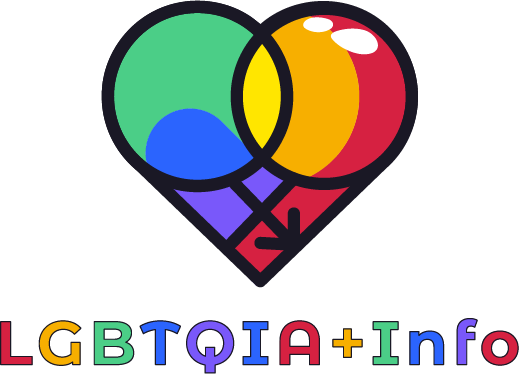Are you interested in learning more about homosexual identity? Are you interested in reading further? You’ve reached the proper location if that’s the case. In this article, we’ll go deeper into the meaning of “gay,” from its historical roots to its contemporary implications for both people and society.
Understanding the Term Gay
To be attracted to someone of the same sex is generally defined as being homosexual. Therefore a guy who is attracted to other men is typically called homosexual, and a woman who is attracted to other women is often called lesbian. As well as referring to those who are attracted to others of the same sex, the word “gay” may also be used to refer to the larger LGBTQ+ community.
Origins of the Term Gay
It was in the late 19th century when the word “gay” first appeared in print. A careless or hedonistic way of life was often described using this phrase throughout this time period. Midway through the 20th century, people started using the phrase to describe themselves if they were attracted to someone of the same sex.

The Meaning of Gay
The word “gay” has taken on new meanings throughout time. It is now generally used to describe people who are attracted to those of the same sex. Romantic, sexual, and emotional attachments are only some of the manifestations of this desire. Having this kind of attraction is central to the LGBT identity for many individuals.
Sexual Orientation and Identity
Understanding a person’s sexual orientation may be challenging. Not everyone who is attracted to another person of the same sex considers themselves homosexual. It’s possible for some people to identify as bisexual, pansexual, or queer. However, sexual orientation and gender identity are two different things. One’s sexual orientation explains the people to whom one is attracted, whereas one’s gender identity reflects how one sees and characterizes oneself.
The Impact of Being Gay on Individuals and Society
Being gay can have a profound impact on both individuals and society as a whole. For individuals, it can mean facing discrimination, prejudice, and hate simply because of who they are attracted to. It can also mean feeling isolated or ostracized from friends and family members who do not accept their sexual orientation. On a broader scale, being gay can impact society by challenging traditional gender roles and norms, and promoting inclusivity and diversity.

The Importance of Acceptance and Understanding
Being homosexual is not something that can simply be chosen. Like a person’s race, ethnicity, or gender, it is an inborn part of who they are. It is crucial that people and communities accept and appreciate folks of varying sexual orientations, including those who identify as homosexual. We can foster a more tolerant and accepting culture by spreading awareness and education.
Conclusion
In conclusion, the term gay refers to individuals who are attracted to the same sex. This attraction is multifaceted and fundamental to each person’s sense of self. The effects of being homosexual on one’s own life and on society as a whole may be significant. Acceptance and tolerance of people of all sexual orientations, including those who identify as homosexual, should be prioritized in personal and public life.

